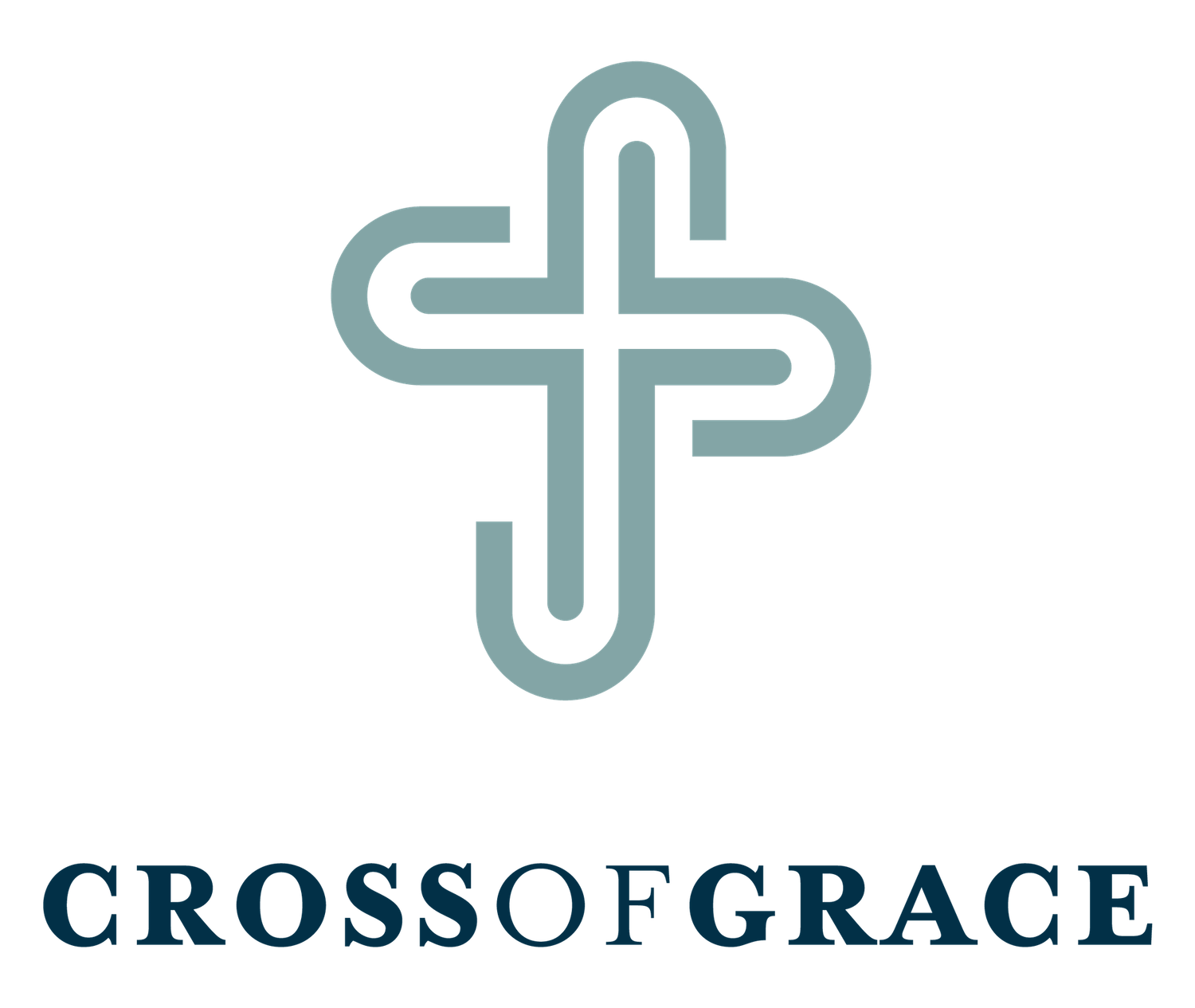A CRASH COURSE
We’re nearing the end of our journey through Isaiah, and we’ve recently arrived at the very heart of the book. We’ve encountered the figure known as “the Servant of the Lord” - the champion of God’s people who would deliver them (and us) from the greatest threats they faced.
Long before the days of Judah’s exile and collapse, the people of Israel had been chosen to be the servant of the Lord (Is 40:8-10, 42:18-19, 44:1-4, 44:21, 45:4). They were called to love the Lord their God with all their heart, mind, soul, and strength. To keep God’s good and righteous Law. To be a Kingdom of priests who were distinct from all the peoples of the world. To be a city on a hill that would shine forth the beauty of the Lord and draw the nations to Zion in devotion to him. But they failed.
Instead, they had “forsaken the Lord” and “despised the Holy One of Israel” (Is 1:4). Broken his Law and believed their ways were better than his. Become so much like the world that Isaiah called them “Sodom” and “Gomorrah” (1:9-10). And their city on a hill had become a desolate ruin, drawing the nations to Zion not out of devotion to their God, but for the destruction and discipline of his people. And all their failures extend to us as well. Like them, we too have fallen short in living in God’s world God’s way, glorifying him in all that we do, and enjoying him as our greatest treasure.
For this reason, God would call an individual out of the people of Israel in order to save Israel - and us. He would be the True Uncompromising Israel. The One who would do everything God’s people were meant to do. The One who would pay the price for all their failures.
We encounter him in 4 passages commonly referred to as the Servant Songs. Passages which answer the burning question of Isaiah: “How can a people so sick with sin (1:4-6) be reconciled to a “holy, holy, holy” God (6:3)?” Passages which compellingly showcase God’s utter rightesouness and unwavering commitment to his people perfectly converging together. Passages which anticipate the saving work of Jesus Christ in the most gloriously and gut-wrenchingly vivid details.
Here’s a quick summary of each song to help you understand Isaiah’s amazing book and lift your gaze toward Jesus Christ:
Is 42:1-9 - After beginning his courtroom showdown against the idols of the nations in Isaiah 41, God presents the true source of his people’s help. In 41:29, he spoke of the idols, “Behold, they are all a delusion; their works are nothing; their metal images are empty wind.” But then, in the very next verse, he says, “Behold, my servant, whom I uphold, my chosen, in whom my soul delights” (42:1). Contrary to the idols who are just an empty wind (Hebrew ruah), this Chosen One is full of God’s own Spirit (Hebrew ruah). The former is just a bunch of hot air, the latter is fueled by God’s own life-giving, world-sustaining breath (see Gen 1:2; Job 33:4; Ps 104:30) He is the Spirit-empowered Servant who will establish God’s Kingdom in the earth (42:1-4). He will do what Israel should have done and be “a light for the nations” (42:6). He will demonstrate his superiority over all the idols of the nations and prove he is the only one worthy of the people’s trust (42:8-9).
Is 49:1-7 - Contrary to the kingdoms of Babylon and Assyria and all the empires of the world, the Servant will conquer the world with his words (49:1-2). He will faithfully declare that the God of Israel, the God of the Bible, the God fully and finally revealed in the incarnation of Jesus Christ, is the True God of gods - and his proclamation will pierce hearts like an arrow bulls-eyeing its mark. In his speaking and his living, he will glorify God by being everything that the people of Israel were meant to be (49:3). Contrary to the people of Judah then and us now, he won’t bow down to idols but will trust unreservedly in God (49:4-5). The Lord will vindicate him and honor him and demonstrate that his uncompromising life was well worth it as he raises him up to be exalted, not only among Israel, but all the way to the “end of the earth” (49:6). Building upon 42:1-9, this Spirit-empowered Servant will extend his reign to the farthest reaches of the earth and kings and princes, peoples and nations, and every knee that can bow (and that means all of them!) will bow before him and declare that “Jesus Christ is Lord” (Phil 2:11).
Is 50:4-11 - But the Servant’s path to exaltation would come through humiliation. 49:7 told us he’d be “deeply despised, abhorred by the nation” and, in the words of Is 53:4, “esteemed not.” But now in this third song, the opposition escalates. This One who came as the true, uncompromising, and perfectly obedient Israel (50:4-5), would be beaten and mocked by his own people! Though he “was not rebellious” (50:5), he tasted the rebellion of human disdain and disregard for God in the form of blows upon his back and spit upon his face (50:6). Even so, he’d stay the course and obey God in the totality of his life…even unto death.
Is 52:13-53:12 - Which brings us to the final song. The opposition reaches its horrifying climax in the death of the Servant of God. Here, that One who did everything his people were meant to do and fulfilled everything his people were meant to be would pay the price for every one of their failures. He’d take upon himself the punishment for all the good we’ve left undone, all the faithfulness we’d neglected, and every moment of cosmic-treasonous, God-belittling compromise we every gave ourselves to in our actions, affections, and attitudes. We know from the previous songs that the Servant came to establish God’s Kingdom, but here in this song he confronts the problem, that: left to ourselves, we don’t belong in God’s Kingdom! Therefore, it’s not until these verses which seem like they could have been written from the foot of the cross, that the burning question of Isaiah is answered, our greatest problem is addressed, and the core of our compromise is dealt with. The very One who would be raised up above all thrones, powers, and dominions and given the name that is above every name would be brought down to the lowest of lows (52:13-15). The conquering Servant of the Lord is simultaneously the suffering Servant who will establish God’s Kingdom and defeat our greatest enemies of sin, death, and Satan, through his own seeming defeat upon the cross. That place where he’d bear our “griefs,” “sorrows,” “transgressions,” and “iniquities,” upon himself (53:4-6). Considered to be cursed in the eyes of men, while truly bearing our curse in the eyes of God (53:8-10). Satisfying God’s uncompromising wrath toward all of our compromise so that we would never have to drink the Father’s cup of wrath, experience the judgment of hell, or know anything other than his love for us. He’d pour himself out as a once-and-for-all “offering for guilt” (53:10), God would be pleased with his sacrifice, and demonstrate that this redeeming work was done when he raised him up to endless life (53:11). A life he’s given, sustains, and will one day perfect in all who have been forgiven of theirs sins and “accounted righteous” through faith in him (53:12). Amen, and amen!
We’ve just barely scratched the surface of these passages. But we hope you’re seeing them clearer, the glory of Christ is shining brighter, and your heart is eager to sing the Servant’s song: “Hallelujah! What a Savior!”













